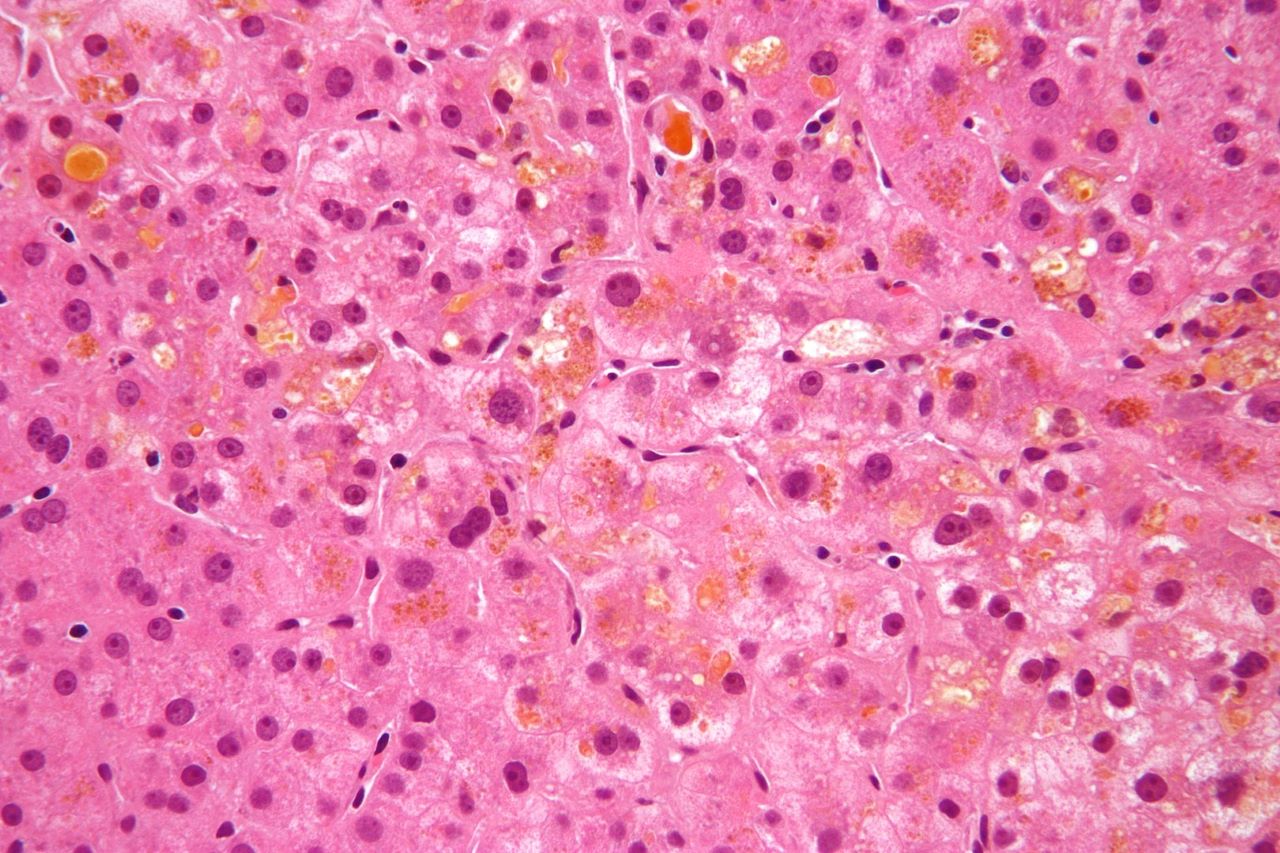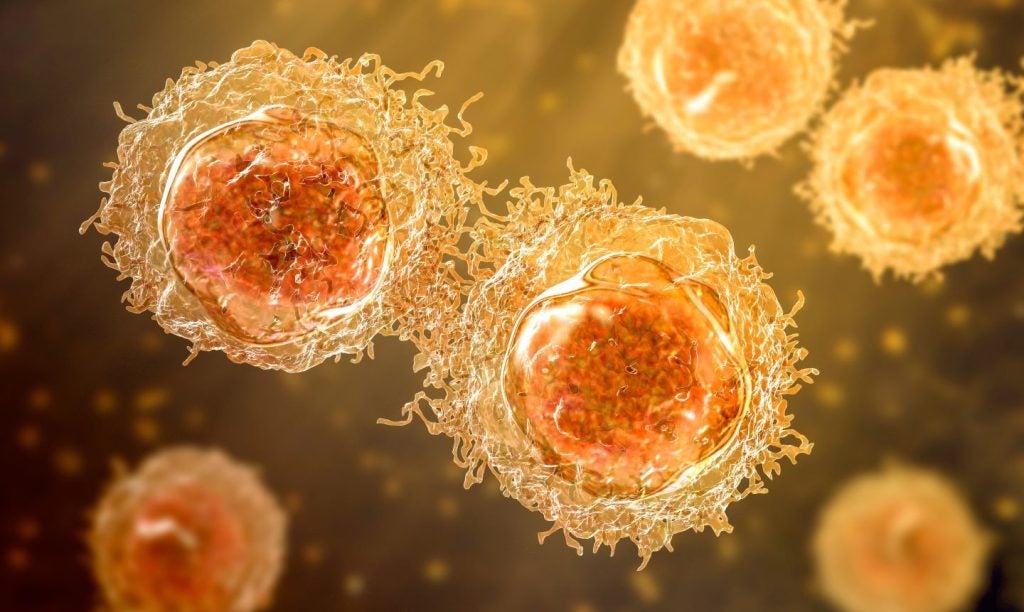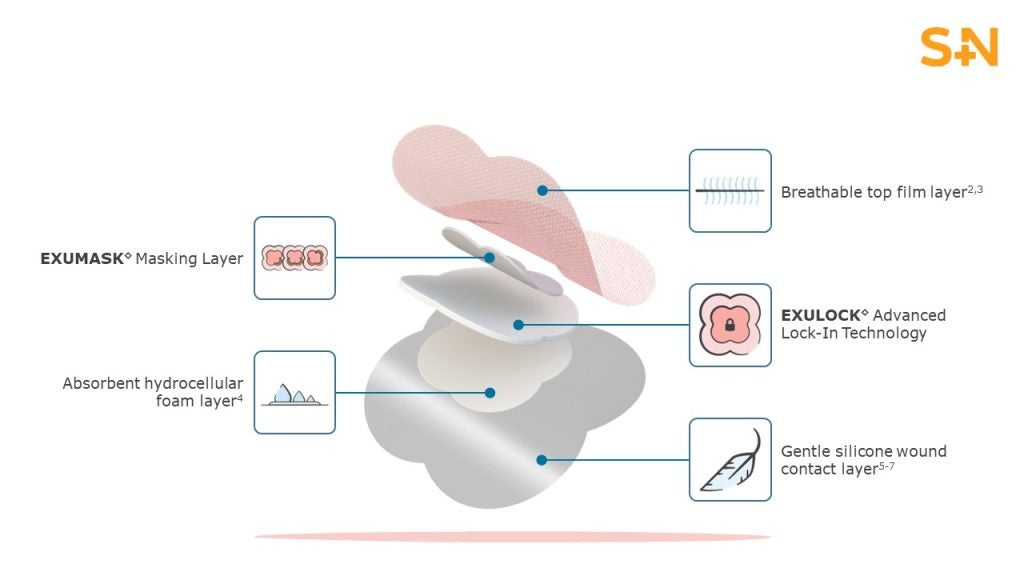
Chemomab has enrolled the first patient in a Phase IIa SPRING clinical trial of its lead clinical candidate, CM-101, for treating patients with primary sclerosing cholangitis (PSC).
CM-101 is a monoclonal antibody targeting CCL24, a novel and differentiated fibrotic target.
In animal models of PSC and additional fibrosis related indications, the clinical candidate demonstrates amelioration of fibrosis and inflammation.
The multi-centre, double-blind, placebo-controlled study will analyse the safety and efficacy profile of CM-101 in adult participants with PSC over 15 weeks of treatment.
Being carried out at multiple leading sites in the UK and Israel, the study will enrol up to 45 patients, who will be randomised into 2:1 ratio to receive CM-101 or placebo.
How well do you really know your competitors?
Access the most comprehensive Company Profiles on the market, powered by GlobalData. Save hours of research. Gain competitive edge.

Thank you!
Your download email will arrive shortly
Not ready to buy yet? Download a free sample
We are confident about the unique quality of our Company Profiles. However, we want you to make the most beneficial decision for your business, so we offer a free sample that you can download by submitting the below form
By GlobalDataChemomab CEO and CSO Adi Mor said: “Pre-clinical animal data, as well as liver and serum samples from PSC patients, showed that inhibition of CCL24 by CM-101 interferes with the underlying biology of PSC using a novel and differentiated mechanism of action.
“We are proud to collaborate with prominent clinical sites such as the Royal Free Hospital in London to establish proof-of-concept for CM-101’s activity for the treatment of PSC, which will then support the design of our future clinical studies for registration.”
In Phase Ia and Ib clinical studies in healthy volunteers and non-alcoholic fatty liver disease (NAFLD) patients, CM-101 was demonstrated to be safe and well-tolerated.
The company noted that a second Phase II study in SSc is planned this year.
University College London, Institute for Liver & Digestive Health Hepatology professor and study principal investigator Dr Douglas Thorburn said: “Pre-clinical studies indicate that the chemokine CCL24 plays a central role in the pathogenesis of PSC.
“We look forward to explore the therapeutic effect of CM-101 as treatment for PSC in this Phase IIa study and we hope to provide effective novel treatment to benefit PSC patients and their families.”








